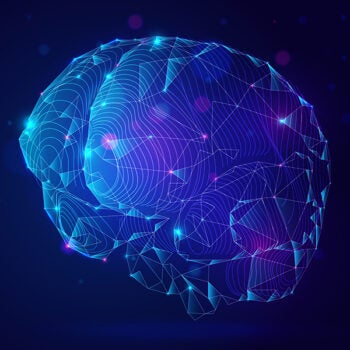Home /
National Traumatic Brain Injury Awareness Month

March is National Traumatic Brain Injury Awareness Month and the team at the Steven A. Cohen Military Family Clinic at Centerstone wants our heroes to know they stand ready to help them heal.
Traumatic brain injury (TBI) is a common injury sustained by our nation’s military service members. In fact, the Defense and Veterans Brain Injury Center (DVBIC) reported that more than 410,000 service members around the world were diagnosed with TBI between 2000 and 2019.
Blasts, explosions, motor vehicle accidents are all hazards of war that can result in critical wounds. Yet, it’s not just the injury itself that can take a toll on the wounded; traumatic brain injury can lead to mental health concerns as well, making returning home from the battlefield feel like another war.
“Many who suffer from TBI can experience anger, depression and post-traumatic stress symptoms,” Assistant Clinic Director, Venee Hummel said. “These issues can be confusing and frustrating for anyone, but especially when the behaviors seems uncontrollable or unfamiliar.”
Hummel and her colleagues at the Cohen Clinic at Centerstone understand this. Trained in military competencies and evidence based therapies, they work alongside those who have experienced these unique challenges to help them cope with this reality and heal.
“Cognitive behavioral therapy can be very effective for those who struggle with depression, anxiety or even chronic pain often results of a TBI,” Hummel said. “It works by helping an individual identify unhelpful patterns of thinking and behavior. Once these patterns are identified you can learn to develop more helpful and flexible responses.”
Seeking help for symptoms of a TBI may be even more critical than one might think. Studies have shown the risk of suicide is two times higher for those who have suffered at TBI.
“A TBI can be an extremely complex injury to sustain,” Hummel said. “Often times, people won’t feel like themselves. Things that normally wouldn’t bother them are now magnified and they may have a difficult time associating that behavioral change with the injury they sustained. Understanding that the two can be related is often a relief and having that knowledge can go a long way to learning how to manage those reactions and feelings.”
If you or someone you know is suffering from the effects of a TBI and you’d like to learn more about services at the Cohen Clinic at Centerstone call (877) 463-6505 or log on to www.centerstone.org/cohen.


